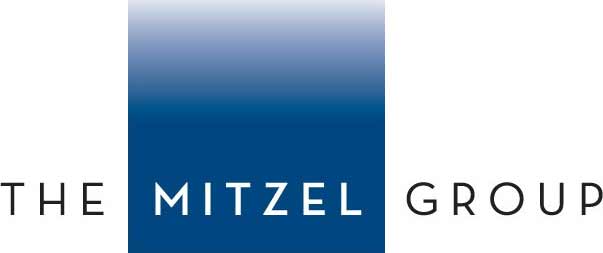New regulations under the California Fair Employment and Housing Act (FEHA) will take effect on April 1, 2016. These new regulations will impact employers who have five or more employees. If more than ten percent of workers in a given location speak another language besides English, employers must translate their policies into those languages. Employers should ensure that their policies comply with the following new regulations:
Written EEO Policies
Employer must have written anti-harassment and anti-discrimination policies that meet the following Equal Employment Opportunity (EEO) requirements:
- List all current protected categories under FEHA;
- Specify that FEHA prohibits supervisors, managers, co-workers, and third parties (including volunteers, unpaid interns, independent contractors) from engaging in prohibited conduct;
- Specify a particular person, in addition to the employee’s direct supervisor, that complaints can be sent to;
- Instruct supervisors to report complaints to Human Resources or another designated company contact;
- State that the company will conduct a fair and timely investigation and that portions of the investigation will not be kept completely confidential;
- State that remedial action will be taken if misconduct is discovered; and
- Ensure that employees will not be retaliated against for making a complaint or partaking in an investigation.
The regulations also require that the policies must be shared with the employees by one or more of the following methods:
- Printing copies with an acknowledgement form for employees to sign;
- Emailing with an acknowledgement form;
- Posting on an internal site with a tracking system to confirm that employees have read; or
- Discussing on hire.
Complaint and Investigation Process
The regulations require employers to have a formal process for investigation harassment or discrimination claims. The investigation policy must:
- Be as confidential as possible;
- Timely;
- Impartial and conducted by a qualified investigator;
- Contain accurate documentation; and
- Provide appropriate routes for remedial action.
Sexual Harassment Training
Any employer with 50 or more employees provide sexual harassment prevention training to new supervisors within six months of hire and then again every two years. The training must cover supervisor’s obligations to report harassment that they are aware of, strategies to prevent harassment, and appropriate remedial measures. The new regulations also emphasize the importance of record keeping and mandate that:
- Employers for two years maintain all training dates, names of employees who attend, sign in sheets, copies of certificates of attendance, any written materials, and all written questions and responses.
- Employers for two years conducting webinar training maintain copies of the webinar, all materials, and all written questions and responses.
Anti-Bullying Training
In 2015 FEHA instructed that training on abusive conduct (bullying) must be included in the sexual harassment prevention training. The new regulations state that this training must address:
- The negative effects that bullying has in the workplace;
- The damaging repercussions bullying has on the company;
- What establishes abusive conduct (would a reasonable person find this behavior hostile or offense); and
- A single act in isolation will not constitute bullying, unless the act is egregious
Clarification on Standard for Proving Discrimination
Back in 2013, the California Supreme Court ruled that a plaintiff must prove that the protected category was a “substantial motivating factor” in the employment decision in order to prove discrimination. Harris v. City of Santa Monica (2013) 56 Cal. 4th 203.
The new regulations clarify that a “substantial motivating factor” is one that a reasonable person would consider to have played a role in the employment decision. The discriminatory factor must be more than a trivial aspect in the decision making process.
Undocumented Persons and Driver’s Licenses
FEHA states that it unlawful for an employer to discriminate against an employee or applicant who holds a license that is issued to undocumented persons (under CA Vehicle Code- Section 12801.9). The new regulations express that employers can require an employee or applicant to hold any form of driver’s license only if:
- Possession of a driver’s license is required by state or federal law for the job position; or
- Possession of a driver’s license is uniformly required by the employer and is otherwise permitted by law. This policy must be consistently applied and justified by legitimate business purpose.
Next Steps for Employers
It is best practice to ensure that your policies comply with these new regulations in order to minimize your risk and liability in the event of a harassment or discrimination issue. Employers should review and update the following policies:
- Anti- harassment and anti-discrimination
- Complaint and investigation
- Sexual harassment and anti-bullying training
- Record keeping and documentation processes
- Driver license policy, if applicable
If you have any questions about your obligations as an employer, please contact us at info@mitzelgroup.com or reach out to your Mitzel Group, LLP attorney directly.

